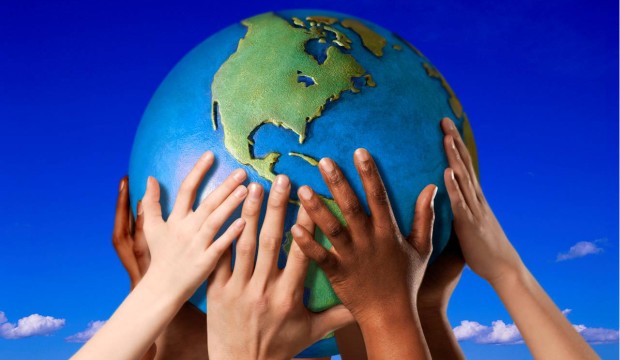We live in a society increasingly multi-ethnic. We calculate currently about 2,200,000 immigrants, but the number certainly will increase over the years. The massive presence of foreigners who live in our cities reveals a complex system of needs, demands, rights that need real answers. This change, while it has brought cultural enrichment in schools and at work, on the other resulted in social imbalances in some dangerous aspects. This situation emerges as the figure of the Cultural Mediator, is one of the few professionals able to mediate between the culture of the country of origin of those who emigrated, and that of the country in which he emigrated.

The work
The first task of the mediator is to interpreter at the time of reception, helping those who enter the country with documents and paperwork. The second step however is the real cultural mediation that serves to help those who have just immigrated to understand what are the customs and social rituals of our country to be able to better integrate, to bring it closer to public services and to settle in this new reality. The figure of the cultural mediator can be important in environments such as schools and hospitals, in the immigration offices, in public services, in police stations and prisons, at ASL and general practitioners and in non-profit associations and humanitarian organizations. For do the mediator you need to understand the culture and the way of life, but the habits and language of another ethnic group. Other necessary features of the cultural mediator are definitely excellent interpersonal skills , predisposition to communication and conflict mediation.
You may also like to read another article on StudyWatches: How to study at university and to better prepare exams
How to become cultural mediator
Since we are talking of a professional rather new, the path to becoming a cultural mediator today is not yet well defined. Many universities offer courses cultural mediation that are often inter-faculty courses in Languages, Literature and Political Sciences or in Psychology, Educational Sciences, Social Sciences and Political Science. The undergraduate program set up by the University for Foreigners shall be called the “linguistic and cultural mediation”. At the University instead of the three-year course in “Linguistic and Cultural Mediation” is applied in particular to the economic, legal and social. The course is in fact inter-between the faculties of Humanities and the Faculty of Political Science. Among the expected teachings: business economics and politics, economic and political geography, the culture of foreign countries, comparative constitutional law. In addition to university courses, there are training courses organized by the Regions which averages ranging from 200 to 700 hours and aim to train interested people and start them at work in centers that require the presence of this professional.

